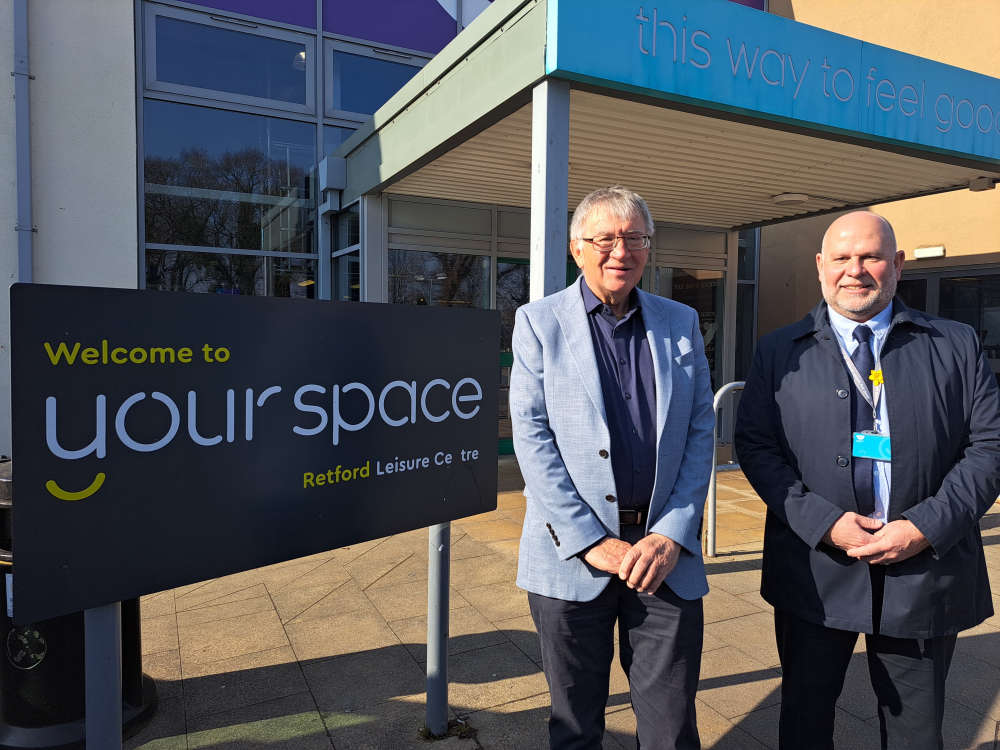
The Digital Transformation programme at DBTH focuses on the Stroke Service to embed digital working practises across its documentation.
Digital specialists at Doncaster and Bassetlaw Teaching Hospitals (DBTH) are on course to achieve their goal to make paper-based medical documentation a thing of the past following work with Stroke and Therapy colleagues to transform the way patient documentation is recorded.
Overall, the aim is to adopt a 99% paper-free service from Spring 2023, with learning to be applied to similar roll-outs in the Trust in the future.
When a patient has received a stroke diagnosis, they are treated on a specialised ward based at Doncaster Royal Infirmary. These patients will benefit from improved and modernised processes that will streamline their care journey. These changes to working practices means that there will be a large reduction of clinical time devoted to completing paper notes, as many of the system will work together to prepopulate basic information about the patient.
The system also means that paperwork cannot be misplaced and is accessible at any time, ensuring that clinicians have access to health data whenever they need it. These improvements in record keeping will significantly improve the overall efficiency of the Stroke service.
Digital Care Planning is one aspect of development being implemented on the Stroke ward. Care plans allow clinicians to create a personalised plan of care tailored to patient’s clinical needs. Recording this information digitally makes the information accessible for all members of the Multidisciplinary Team involved in the patients care. It provides a standardised structure for nursing documentation and is quick and easy to complete at the patient’s bedside on either a mobile device or laptop.
Colleagues caring for Stroke patients at Doncaster will use smartphone type devices to access digital systems to document and review patient’s information. These handheld devices have been securely encrypted and provide quick access for those involved in clinical care, improving communication between colleagues. This project will revolutionise patient care and enables clinical professionals more time to be spent caring for patients.

 £3.2 million to decarbonise Worksop and Retford Leisure Centre
£3.2 million to decarbonise Worksop and Retford Leisure Centre
 Man sentenced for dangerous weapon offences
Man sentenced for dangerous weapon offences













